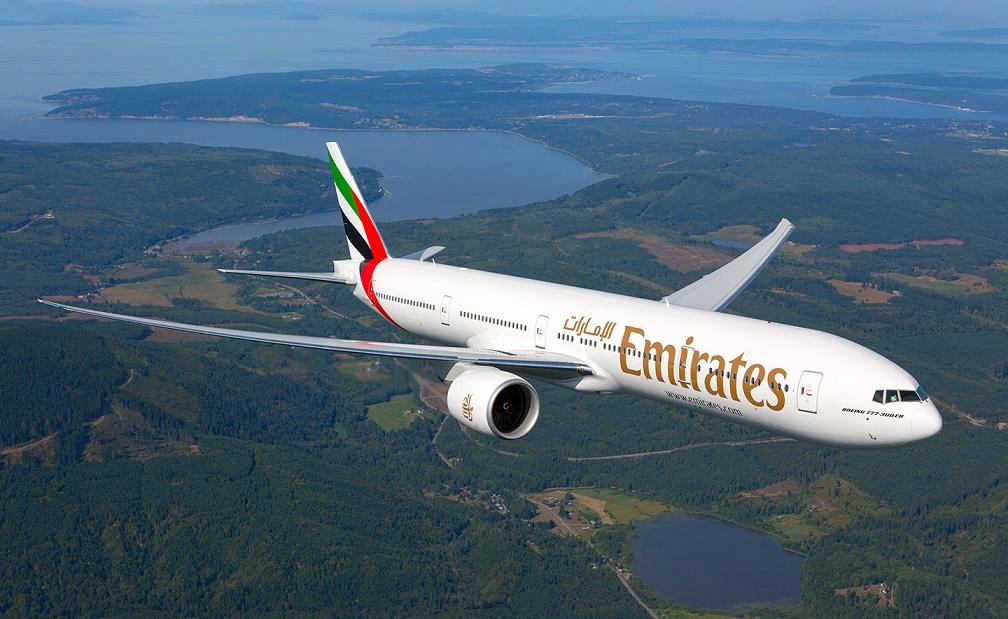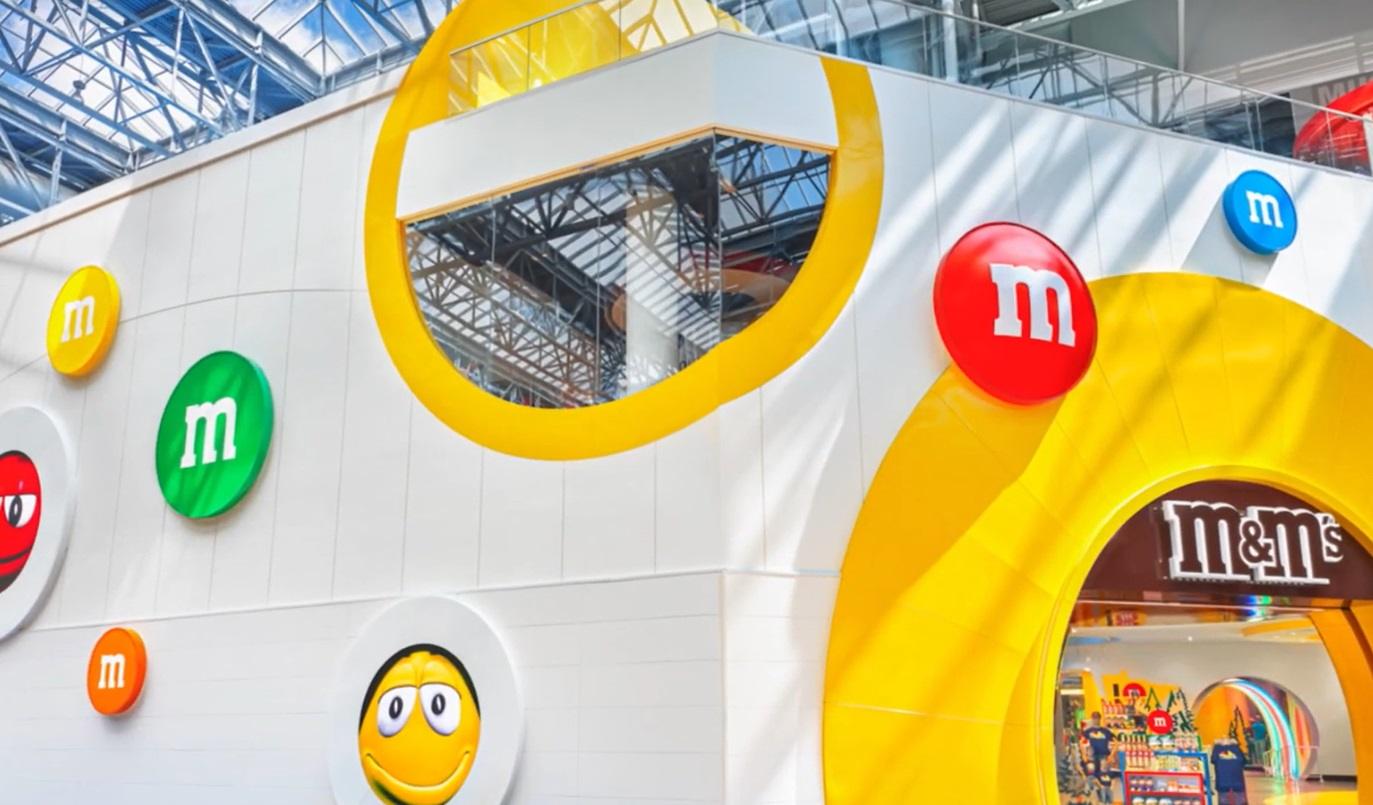Emirates to Conduct Flight Using 100% Sustainable Aviation Fuel-Powered Engine
Dubai-based airline Emirates announced plans to conduct its first experimental flight using 100% sustainable aviation fuel (SAF) in one engine this week, in a test aimed at supporting expanded use of SAF for commercial flights.
Sustainable aviation fuel (SAF) is seen as one of the key tools to help decarbonize the aviation industry, which currently accounts for 2-3% of global greenhouse gas (GHG) emissions. SAF is generally produced from sustainable resources, like waste oils and agricultural residues. SAF producers estimate the fuels can generate up to 80% greenhouse gas emissions saving relative to conventional fuels.
Currently, SAF is approved for use in blends of up to 50% with conventional jet fuel.
The planned flight will follow the successful completion earlier this week of ground engine testing of a GE90 engine on a 777-300ER using 100% SAF, aimed at demonstrating the capability of the engine to run on 100% SAF without affecting performance requiring modifications to the aircraft systems, or special maintenance procedures on the aircraft.
Under each test, the aircraft runs one engine on 100% SAF, and the other on conventional jet fuel, analyzing the fuel system’s behavior under each fuel type, comparing engine outputs, and ensuring seamless operation of the aircraft’s engine and airframe fuel systems.
Emirates said that it has been working with partners including GE Aerospace, Boeing, Honeywell, Neste and Marathon Petroleum subsidiary Virent on SAF fuel blend testing, and that the partners have developed a blend with the same qualities and performance characteristics of conventional jet fuel.
The tests mark the latest in a series of sustainable aviation fuel milestones. In November, the UK’s Royal Air Force completed a 100% SAF flight on a military variant of an Airbus A330, and in June, renewable fuel supplier Neste, regional aircraft manufacturer ATR, and Swedish airline Braathens Regional Airlines announced the completion of the first-ever 100% SAF-powered test flight on a commercial regional aircraft.





